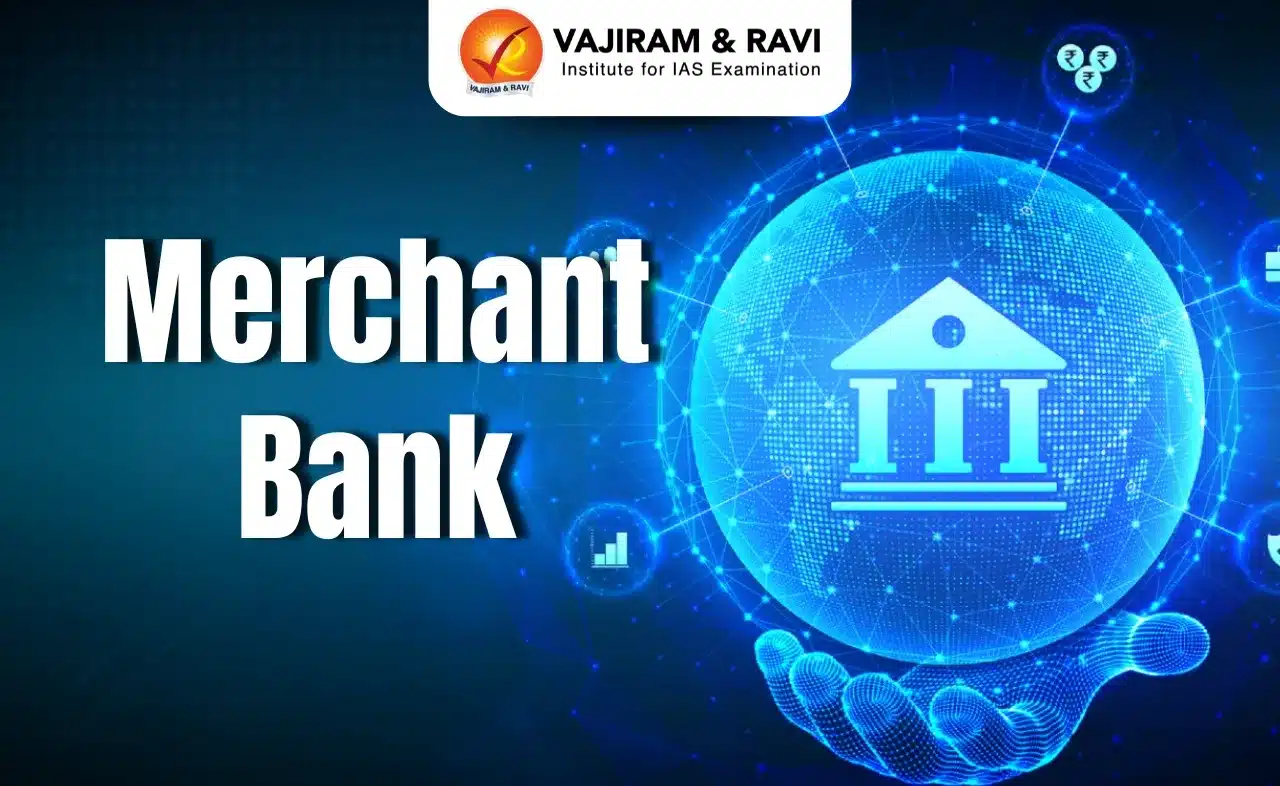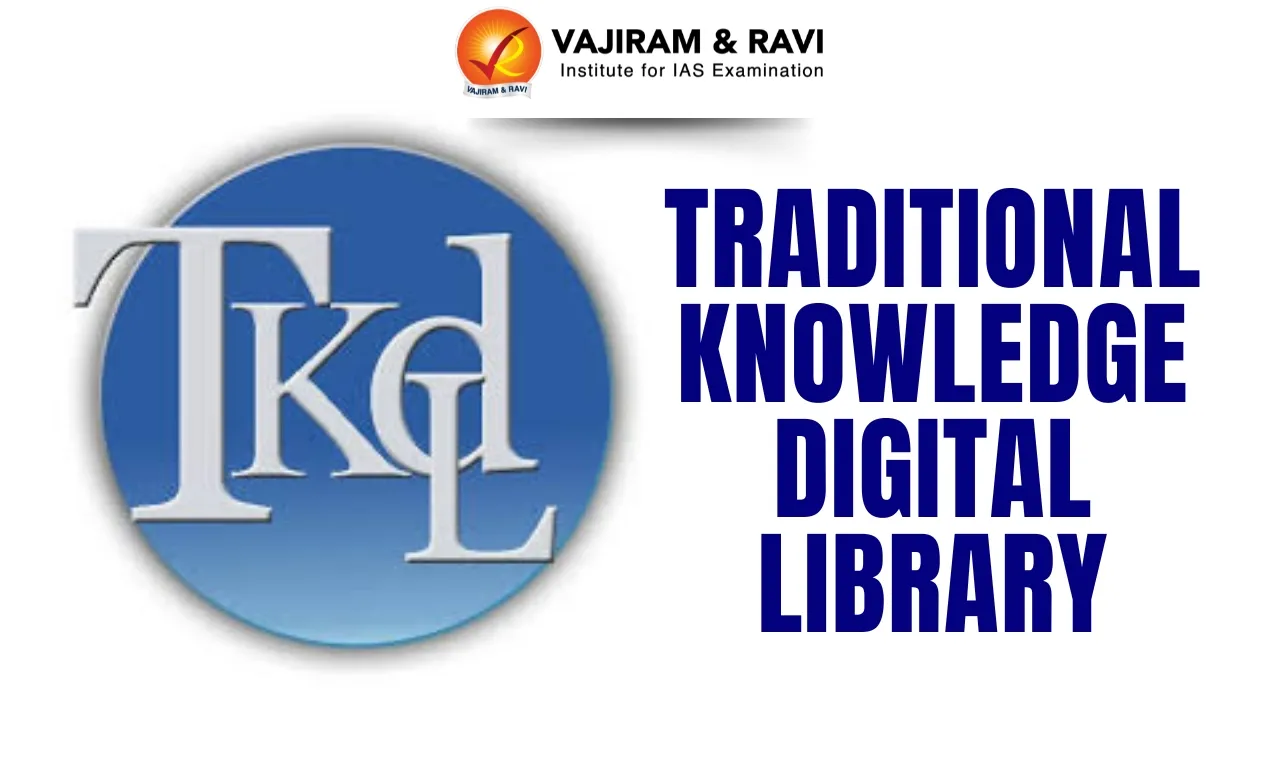Merchant Banking Latest News
The Securities and Exchange Board of India (SEBI) recently said merchant bankers (MB) can now engage in unregulated activities such as advisory and consultancies without needing a separate legal entity.
About Merchant Banking
- Merchant Banking refers to financial services designed especially for businesses and corporate clients.
- These services help business owners raise funds, manage investments, and expand operations.
- Banks registered as merchant bankers provide expert advice on mergers, acquisitions, and other business activities requiring capital.
- They act as intermediaries between companies and investors to ensure smooth financial growth.
- The role of a merchant banker is similar to that of a financial advisor.
- They help make critical decisions and also help businesses expand by arranging private equity investments or strategic partnerships.
- One of the primary services merchant bankers provide is issue management. It involves helping companies raise capital from the public by managing the process of issuing shares, debentures, or other securities.
- Merchant banks do not provide regular banking services to the general public.
- The regulatory framework governing merchant banks in India is primarily overseen by the Securities and Exchange Board of India (SEBI).
- One of the key regulations involves the maintenance of minimum net worth requirements, which ensures that merchant banks have sufficient financial resources to undertake their activities and absorb potential losses.
- Additionally, SEBI mandates that merchant banks adhere to a strict code of conduct, which includes provisions related to fair dealing, conflict of interest, and transparency.
- Merchant banks are also subject to periodic inspections and audits by SEBI to ensure ongoing compliance.
- Any violations can result in penalties, including suspension or cancellation of the registration certificate.
Services Offered by Merchant Banks
- Corporate advisory services: Offering guidance on mergers, acquisitions, and restructuring
- Capital raising: Helping businesses raise funds through debt or equity.
- Investment management: Managing large-scale investments and portfolios.
- Underwriting: Assisting in public offerings by guaranteeing the sale of securities.
- Risk management: Reducing financial risks by offering expert advice.
Source: TH
Last updated on February, 2026
→ UPSC Notification 2026 is now out on the official website at upsconline.nic.in.
→ UPSC IFoS Notification 2026 is now out on the official website at upsconline.nic.in.
→ UPSC Calendar 2026 has been released.
→ UPSC Final Result 2025 is expected to be released in the second week of April 2026.
→ Check out the latest UPSC Syllabus 2026 here.
→ Join Vajiram & Ravi’s Interview Guidance Programme for expert help to crack your final UPSC stage.
→ UPSC Mains Result 2025 is now out.
→ UPSC Prelims 2026 will be conducted on 24th May, 2026 & UPSC Mains 2026 will be conducted on 21st August 2026.
→ The UPSC Selection Process is of 3 stages-Prelims, Mains and Interview.
→ Prepare effectively with Vajiram & Ravi’s UPSC Prelims Test Series 2026 featuring full-length mock tests, detailed solutions, and performance analysis.
→ Enroll in Vajiram & Ravi’s UPSC Mains Test Series 2026 for structured answer writing practice, expert evaluation, and exam-oriented feedback.
→ Join Vajiram & Ravi’s Best UPSC Mentorship Program for personalized guidance, strategy planning, and one-to-one support from experienced mentors.
→ Check UPSC Marksheet 2024 Here.
→ UPSC Toppers List 2024 is released now. Shakti Dubey is UPSC AIR 1 2024 Topper.
→ Also check Best UPSC Coaching in India
Merchant Banking FAQs
Q1. What distinguishes a merchant bank from a commercial bank?+
Q2. Which regulatory body governs merchant banking activities in India?+
Q3. What role do merchant banks play in Initial Public Offerings (IPOs)?+
Tags: merchant banking prelims pointers upsc current affairs upsc prelims current affairs




















